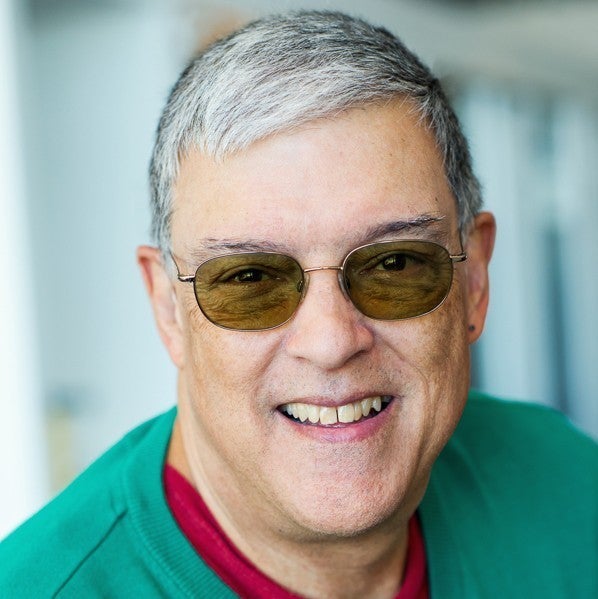
David Both is an Open Source Software and GNU/Linux advocate, trainer, writer, and speaker. He has been working with Linux and Open Source Software since 1996 and with computers since 1969. He is a strong proponent of and evangelist for the "Linux Philosophy for System Administrators."
He has written articles for magazines including, Linux Magazine, Linux Journal, and OS/2 Magazine back when there was such a thing. He currently writes prolifically for OpenSource.com. He particularly enjoys learning new things while researching his books and articles, building his own computers, and helping his grandchildren build their computers. He has found some interesting
and unusual ways of problem solving, including sitting on one computer on which he was working.
David has published five books with Apress. Four solo works, “The Linux Philosophy for SysAdmins,” August 2018, and a three volume self-study training course, “Using and Administering Linux — From Zero to SysAdmin,” released in December, 2019. He has also written one book with co-author Cyndi Bulka, "Linux for Small Business Owners" that was released in 2022.
David currently lives in Raleigh, NC, with his amazing and supportive wife, Alice.
He can be reached via email at LinuxGeek46@both.org or on Mastodon at @LinuxGeek46@linuxrocks.online.

Authored Comments
UDP is the primary protocol for DNS. However from Wikipedia:
======
Protocol transport
DNS primarily uses the User Datagram Protocol (UDP) on port number 53 to serve requests.[3] DNS queries consist of a single UDP request from the client followed by a single UDP reply from the server. The Transmission Control Protocol (TCP) is used when the response data size exceeds 512 bytes, or for tasks such as zone transfers. Some resolver implementations use TCP for all queries.
======
And apparently some name resolvers and ISPs use TCP but not UDP. So , yes, I could have opened TCP on port 53, but I chose not to for this relatively simple example.
Thank you for pointing that out.
Thanks, Don. Not sure I am a "scholar," but I try to explain things the way I wish they would have been 'splained to me. ;-)